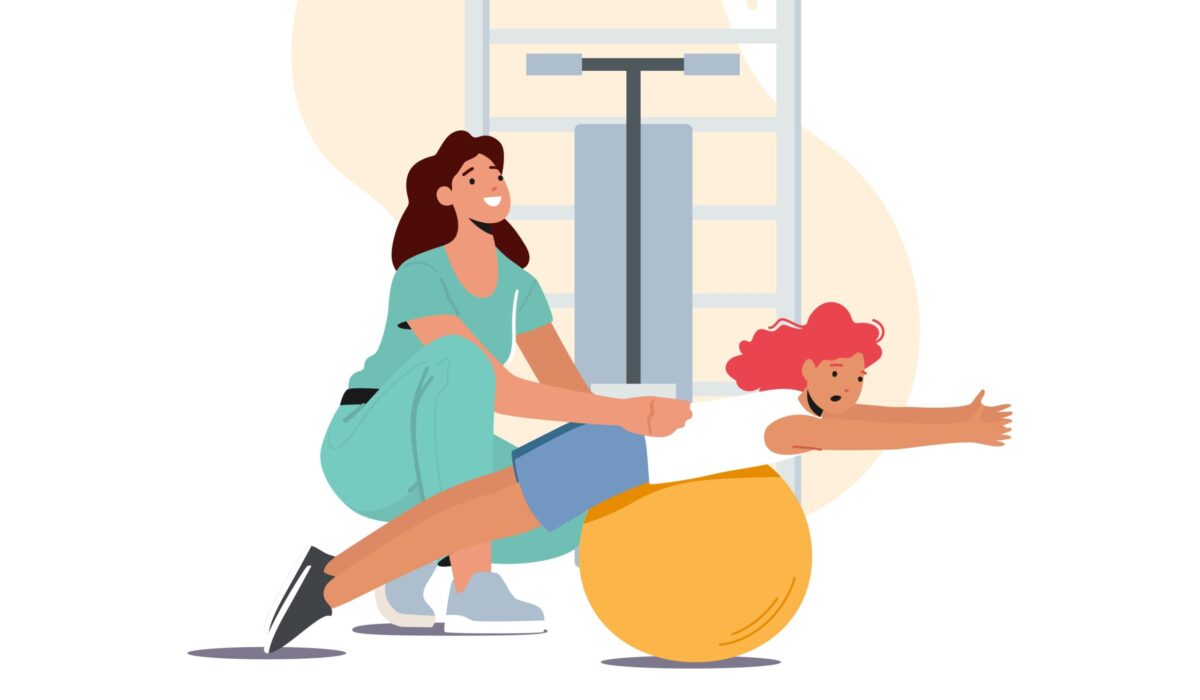
New United Kingdom research has found that seniors could lower their chances of depression in old age by making regular trips to the cinema, theater or museums.
The study by researchers at University College London looked at data on 2,148 people over the age of 50, none of whom had depression at the start of the study.
The participants completed questionnaires and one-to-one interviews over a period of ten years, reporting on how often they visited the theater, the opera, the cinema, concerts, art galleries, exhibitions or museums.
They were also asked to report on whether they had been diagnosed with depression during this time, and when they experienced symptoms of depression, so that researchers could evaluate those at risk of the condition.
The findings, published in the British Journal of Psychiatry, showed a clear link between how often participants went out to these cultural events and their chance of developing depression.
Those who attended films, plays or exhibitions every few months had a 32 per cent lower risk of developing depression, with those attending once a month or more having a 48 per cent lower risk.
The results held true even after accounting for other potential factors such as age, gender, health, and levels of wealth, education and exercise.
The positive effect of engaging in cultural activities was independent of whether participants had contact with friends and family or took part in social activities like clubs and societies.
This is the first study of its kind to show that cultural activities can not only help people manage and recover from depression but also help prevent it.
“We were very pleasantly surprised by the results,” commented lead author Dr. Daisy Fancourt. “Notably we find the same relationship between cultural engagement and depression amongst those of high and low wealth and of different levels of education; the only thing that differs is the frequency of participation.”
“Cultural engagement is what we call a ‘perishable commodity.’ For it to have long-term benefits for mental health, we need to engage in activities regularly. This is similar to exercise: going for a run on the first of January won’t still have benefits in October unless we keep going for runs,” she added.
“Generally speaking, people know the benefits of eating their five-a-day and of exercise for their physical and mental health, but there is very little awareness that cultural activities also have similar benefits,” she explained. “People engage with culture for the pure enjoyment of doing so, but we need to be raising awareness of their wider benefits too.”
“Depression is a major issue affecting millions of people. If we are starting to feel low or isolated then cultural engagement is something simple that we can do to proactively help with our own mental health, before it gets to the point where we need professional medical help,” noted Fancourt. JB
RELATED STORIES:
Could regular massage ease symptoms of arthritis?
Millennial men value good health more than physical strength











































